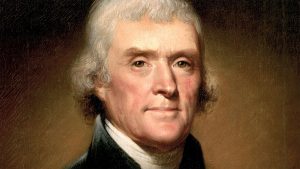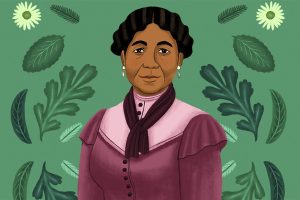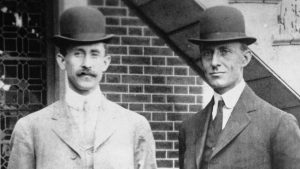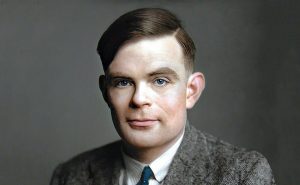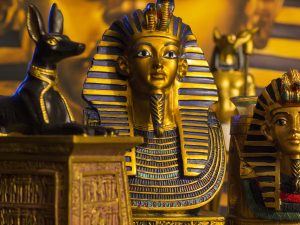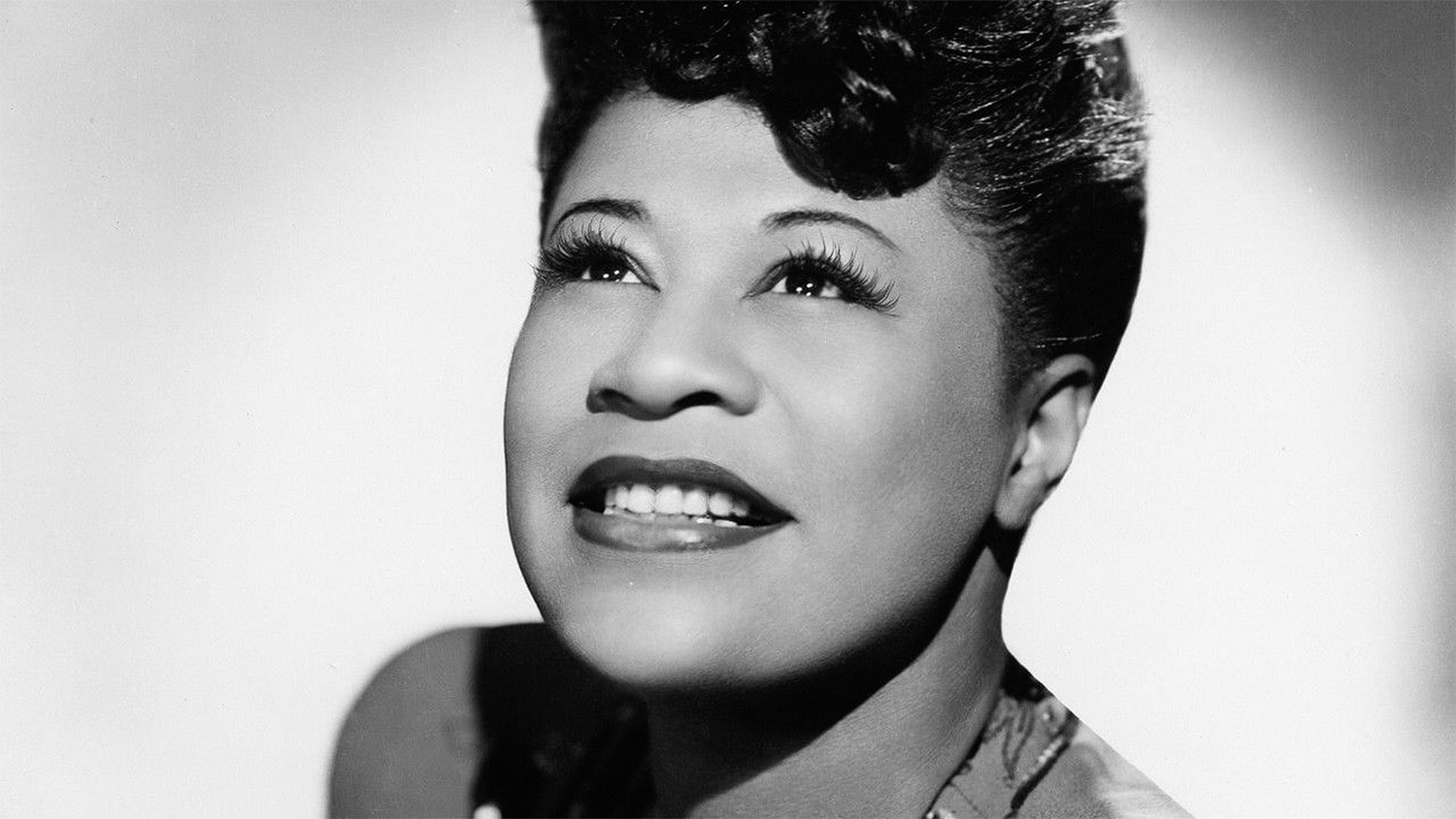
29 interesting facts about Ella Fitzgerald
- 👁️ 1284
Ella Fitzgerald, known as the “First Lady of Song,” is celebrated for her pure and versatile voice, impeccable diction, and the ability to mimic instrumental sounds, which made her a beloved figure in the jazz world and beyond. Her career spanned over half a century during which she won 13 Grammy awards and sold over 40 million albums. Fitzgerald’s contributions to music were not just about her vocal abilities; her spirit, resilience, and the joy she brought to her performances left an indelible mark on audiences and fellow musicians alike. Despite facing numerous challenges, including racial discrimination and personal hardships, her dedication to her craft and her ability to break barriers have made her an enduring figure in the history of American music. Let’s explore some fascinating aspects of Ella Fitzgerald’s life and career.
- Ella Fitzgerald was born on April 25, 1917, in Newport News, Virginia, and grew up in Yonkers, New York.
- Her vocal range spanned three octaves, and she was known for her purity of tone.
- Fitzgerald made her singing debut at 17 at the Apollo Theater’s famous Amateur Night in 1934.
- Initially, she wanted to be a dancer but decided to sing at the last minute, which turned out to be a pivotal decision in her career.
- She joined the Chick Webb Orchestra in 1935, and their recording of “A-Tisket, A-Tasket” became a major hit.
- Fitzgerald became the first African American woman to win a Grammy Award in 1958, and she won two that year – for Best Jazz Performance and Best Female Vocal Performance.
- She was known for her scat singing, using her voice to mimic instruments, which showcased her incredible vocal improvisation skills.
- Fitzgerald collaborated with many other jazz legends, including Louis Armstrong, Duke Ellington, and Count Basie.
- She was a key figure in the development of vocal jazz and has influenced many singers across various music genres.
- Fitzgerald was awarded the National Medal of Arts by President Ronald Reagan in 1987.
- Her last public performance was in 1993 at Carnegie Hall, marking her 26th performance at the prestigious venue.
- Ella Fitzgerald passed away on June 15, 1996, in Beverly Hills, California, at the age of 79.
- She recorded over 200 albums throughout her career.
- Fitzgerald faced significant racial discrimination on tour in the United States, especially in the South, during the era of segregation.
- In addition to her Grammy awards, she received a Kennedy Center Honor in 1979, recognizing her contribution to the arts.
- Fitzgerald was known for her philanthropy, particularly her support for child welfare and education.
- The American Society of Composers, Authors, and Publishers (ASCAP) awarded her its Lifetime Achievement Award in 1995.
- Despite her international fame, Fitzgerald was known for her modesty and was notoriously shy offstage.
- Her repertoire included not only jazz but also pop, blues, soul, and swing, showcasing her versatility as an artist.
- Fitzgerald never learned to read music, yet her natural ear for melodies and rhythms was extraordinary.
- She was legally blind in the last years of her life due to complications from diabetes.
- Fitzgerald’s clear enunciation and perfect pitch allowed her to master the art of song interpretation, making each song uniquely her own.
- Her work with the Verve Records label was instrumental in establishing it as a major force in jazz music.
- Fitzgerald’s songbook series, in which she recorded the works of major American composers, is considered one of her most significant contributions to music.
- She struggled with her weight throughout her life, which was a source of personal discomfort and public scrutiny.
- Ella received honorary doctorates from Harvard University, Yale University, and Dartmouth College among others.
- Her adoption of a child, Ray Brown Jr., with her then-husband Ray Brown, added a personal dimension to her busy touring schedule.
- Fitzgerald’s impact on music extends beyond jazz; she has influenced artists in R&B, pop, and beyond.
- The United States Postal Service honored Fitzgerald with a commemorative postage stamp in 2007.
Ella Fitzgerald’s legacy as a pioneer in jazz and popular music is unrivaled. Her ability to convey emotion, technical skill, and groundbreaking achievements have secured her a place in the pantheon of American music legends. Despite the personal and societal challenges she faced, Fitzgerald’s contributions went beyond music; her life and work reflect a commitment to breaking barriers and paving the way for future generations. As we celebrate her enduring influence, Ella Fitzgerald remains a symbol of resilience, artistic integrity, and the joyous power of song.
